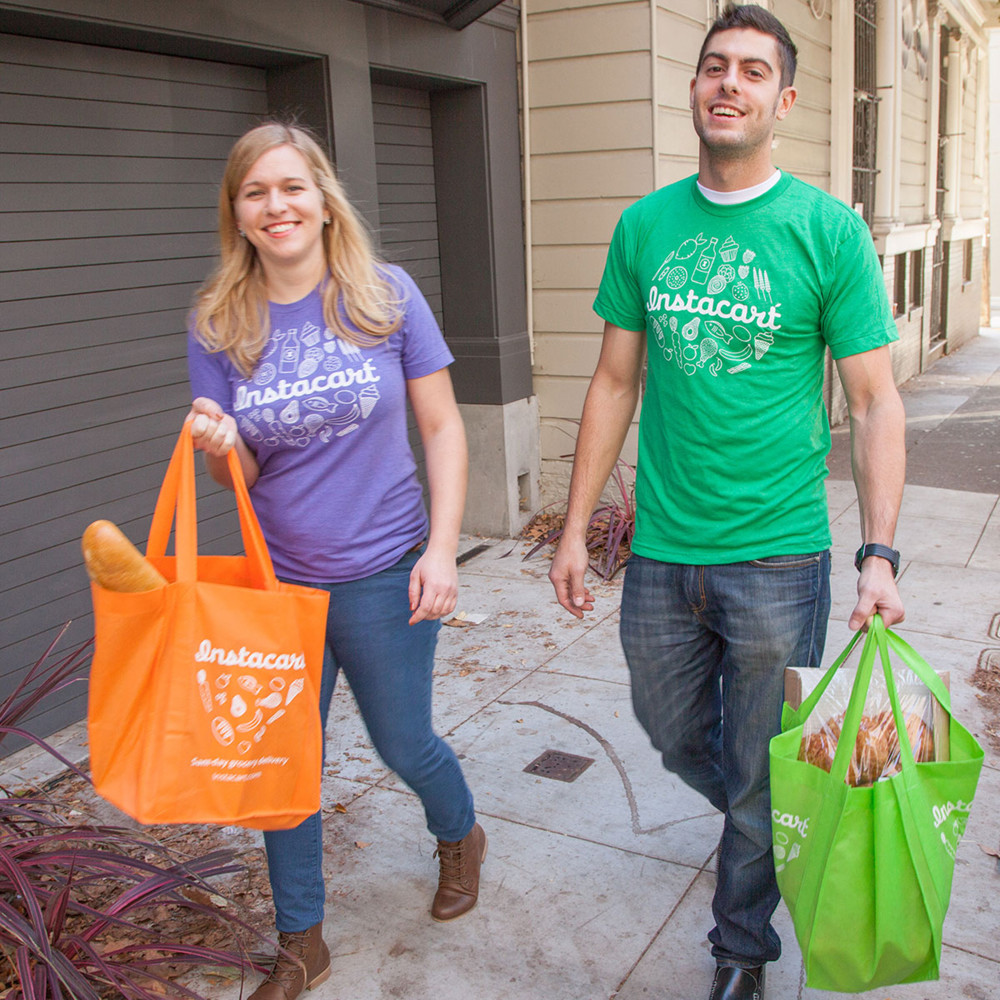By Tracey Lien
Los Angeles Times.
Not long ago, starting a business in the on-demand economy seemed straightforward.
Step 1: Come up with an idea for an on-demand service. Food delivery? Valet parking? Postal service? Great.
Step 2: Hire independent contractors to do the job and save on paying employee benefits.
Step 3: Expand from city to city and watch the company valuation rise.
For a while, it worked. According to venture capital database CB Insights, more than $9 billion was invested in the on-demand economy over the last five years. Companies such as Uber and Airbnb achieved multibillion-dollar valuations without ever having to own the cars or apartments from which they made money. They didn’t have to burden themselves with many actual employees either. Pundits described the on-demand “gig” economy as the way of the future. Hillary Clinton even considered it significant enough to put on her campaign agenda.
But the hype may be just that. Over the last two months, an increasing number of companies in the on-demand industry have announced plans to transition their independent contractors to employees. On-demand food delivery service Sprig, valet parking service Luxe and grocery shopping and delivery service Instacart said they were phasing out some of their independent contractor roles and bringing on those workers as employees, complete with benefits such as workers’ compensation, unemployment insurance, social security and Medicare payments and, depending on hours worked, health insurance. Those benefits, experts say, can easily add 30 percent to each employee’s compensation package.
With two big players in the on-demand economy, ride-hailing services Uber and Lyft, facing class-action lawsuits over worker misclassification, it’s easy to blame litigation for the sea change. But attorney Gillian Overland, whose Los Angeles firm specializes in employment matters, said it’s an “oversimplification” to say these companies are overhauling their business models because other companies are getting sued.
“It’s certainly part of it,” Overland said.
buy vilitra generic https://newonlineandblo.com/vilitra.html over the counter
“But the lawsuits, if anything, force companies to look at themselves and make the determination whether their business model is appropriate.”
More than a year into the game, on-demand companies such as Shyp, for shipping items, and Instacart are realizing that relying on independent contractors, while an easy and cheap way to start a business, usually doesn’t allow for worker training or control over when they work.
These two factors alone present growth hurdles.
“We considered (making our couriers employees) before we launched, it was actually in our original pitch deck,” said Shyp’s head of communications, Johnny Brackett. “But we weren’t sure if it was going to be necessary. We thought they were just couriers, so we could hire independent contractors because they weren’t going to need any training.”
Luxe Chief Executive Curtis Lee echoed a similar sentiment, saying the company launched a little more than a year ago using independent contractors because it thought it would be enough.
“We thought we could deploy a valet to go park someone’s car and that was it,” Lee said.
Both companies realized that the independent contractor model, while cheaper and easier than hiring employees, was riddled with shortcomings.
In Shyp’s case, the couriers were the company’s only human point of contact with customers, yet the lack of worker training meant the couriers often couldn’t answer customer queries about what happens to packages after they’re picked up. Not being able to train couriers on how to handle packages also presented potential customer satisfaction problems.
“When people are packing a 60-inch flat-screen TV, they need to know what they’re doing,” Brackett said.
For Luxe, the company didn’t necessarily have to train its valets to park a car, but it couldn’t tell its valets when to work, a problem when a service needs to meet high demand during certain hours and evenings. Luxe incentivized valets to work late on Friday and Saturday nights by paying them bonuses, not unlike Uber’s surge pricing feature, but even then, it could not guarantee enough workers on a given night.
It’s no surprise that companies are now realizing that they need to invest in their workers to build a sustainable business, according to Raj Narayanaswamy, co-founder of time-sheet and management software firm Replicon.
It’s business 101, he said. “It’s the realization you can’t build a business based on subsidies. You can use it to get things started, but for sustainable growth you need to build a solid foundation,” he said, noting that companies that rely on their workers to “subsidize” the business by paying their own expenses and receiving no training or benefits ultimately pay for it through loss of customer trust and satisfaction. “So these start-ups are going back and rethinking their business model,” he said. “They’re doing the right thing.”
This doesn’t mean every on-demand service provider is going to make the switch, though. According to San Francisco employment and labor attorney Stephen Hirschfeld, for some companies such as Uber, it makes more sense for their workers to remain independent contractors because on-demand ride-hailing may not require the level of control or training as parcel delivery or grocery shopping.
“I think you have to look at it on a case-by-case basis,” Hirschfeld said.
Ultimately, what we’re seeing in the on-demand economy is par for the course for new industries, according to CB Insights researcher and data analyst Matthew Wong.
A few years ago, the app-based on-demand economy as we know it didn’t even exist. Companies are now reaching a tipping point at which they have to nail down a business model they can carry with them into the future, or risk burning themselves, their workers and their customers.
“It’s important to realize this area is still very young, and there will be other innovations within the model,” Wong said.
“Time will tell whether some of the companies are able to figure it out.”














































































































































































































































































































































































